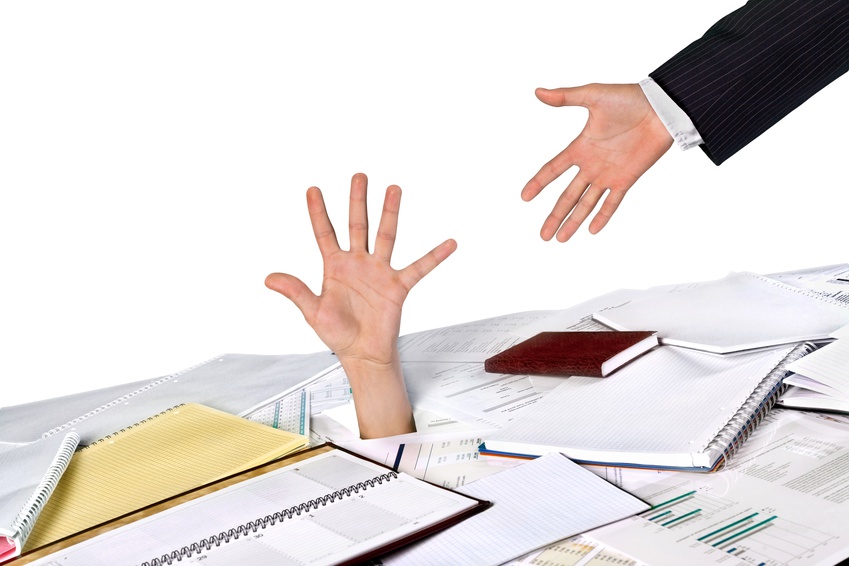Once again, Chapter 13 rescued a client.
He’ll get out of debt and pay off credit cards with no interest going forward.
So many people tell me they could pay off the credit card balance if it wasn’t for the high interest.
This client owned a home, had a job, and was solvent on paper, but he couldn’t sleep for worry about his debts.
Despite having lots of equity in a house, there wasn’t not enough income to retire the debt when the mortgage resets in the spring.
Chapter 7 would get rid of the debt, but cost him his house.
Thank goodness for Chapter 13, where you
- keep your assets,
- propose a plan, and
- get a discharge.
Chapter 13 gets my client out from under credit cards with ruinous interest rates, reduces the interest rate on his high interest car loan, and lets him sleep at night knowing he won’t lose his house to unsecured creditors.
A pretty good deal for a $310 filing fee.
Interest free debt repayment
The good news is that the equity in his house requires that his Chapter 13 plan pay his debts in full. But, “in full” does not mean “with the usual credit card interest”.
Pay off the cards in full in Chapter 13 and you pay only the federal judgment rate. Currently , that’s a little less than 5%, instead of 18-34% due under the credit card agreements.
To pay off the cards according to their terms outside of bankruptcy, most of each payment for a long while goes to interest. That’s why credit card issuers are content to have you carry a balance.
For this client, we figure that a 100% repayment plan for the cards and the tax debt will require a payment about 1/3 of what he currently pays each month on the cards.
No need to be broke to file bankruptcy
This client looks good on paper. He’s solvent due to lots of equity in his house. He’s current on his bills.
He just sees the freight train coming down the tracks when he reaches the end of the interest-only feature on his home equity loan.
You don’t have to be upside down, financially, to file bankruptcy. You only need to be willing to play by the rules of the Bankruptcy Code for dealing with your creditors.
The applicable rule for this client says: if you keep your house with that much equity, you must pay the creditors in full. (Those with less equity or no equity in their homes may pay their creditors a tiny fraction of what they owe.)
Bankruptcy won’t change the terms of his home loan, it will just spread out and pay off the other debts that have a claim on his monthly income.
And, he can stop underwithholding on his taxes. He had increased his exemptions to get more cash monthly, leaving him owing taxes at the end of the year.
Part of our plan is making the withholding match the taxes owed, so we don’t have a recurring tax problem.
13 was my client’s lucky number.
More
Update on California homestead






